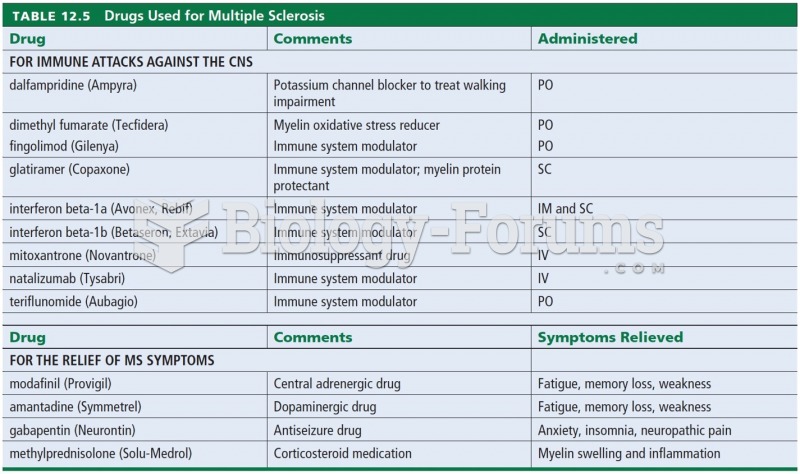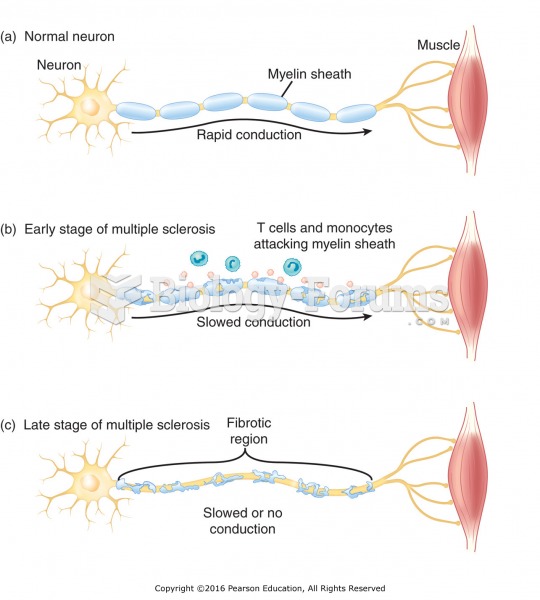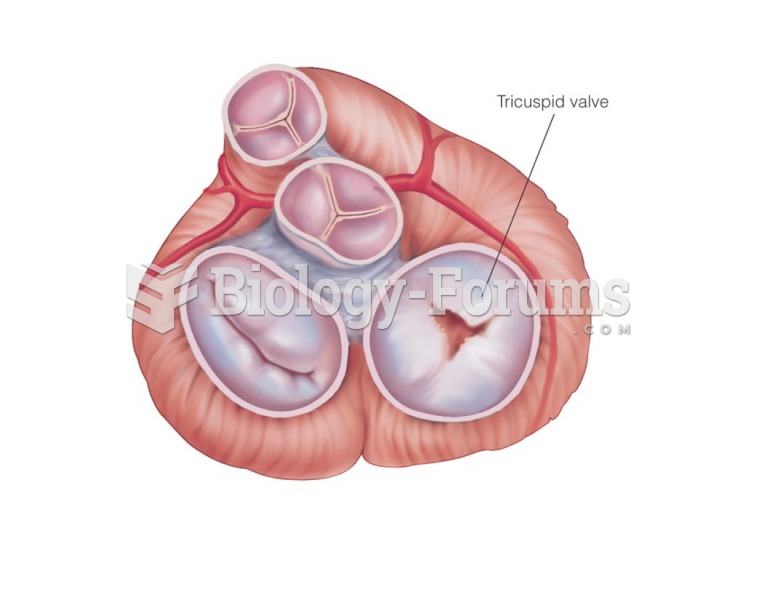|
|
|
Cyanide works by making the human body unable to use oxygen.
A cataract is a clouding of the eyes' natural lens. As we age, some clouding of the lens may occur. The first sign of a cataract is usually blurry vision. Although glasses and other visual aids may at first help a person with cataracts, surgery may become inevitable. Cataract surgery is very successful in restoring vision, and it is the most frequently performed surgery in the United States.
Aspirin may benefit 11 different cancers, including those of the colon, pancreas, lungs, prostate, breasts, and leukemia.
More than 2,500 barbiturates have been synthesized. At the height of their popularity, about 50 were marketed for human use.
Most childhood vaccines are 90–99% effective in preventing disease. Side effects are rarely serious.







